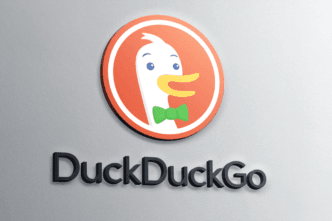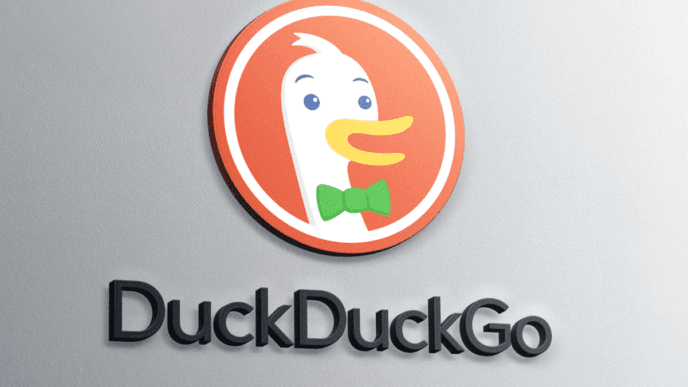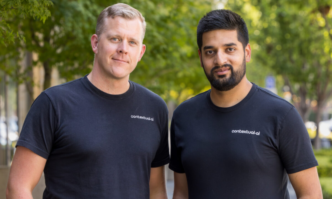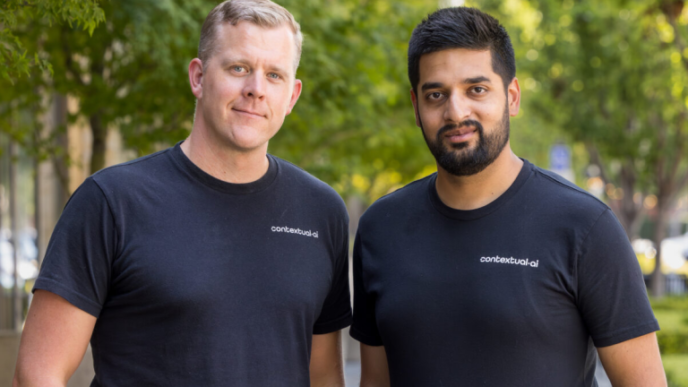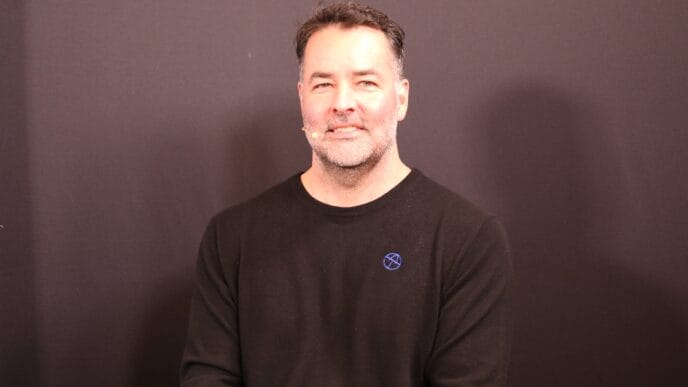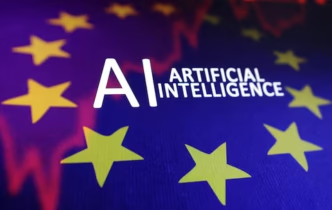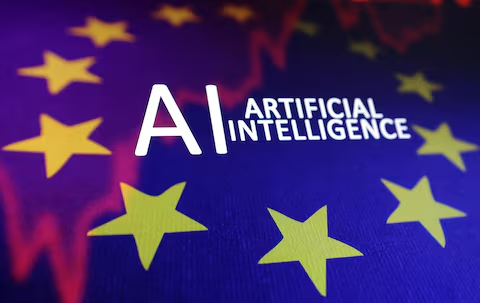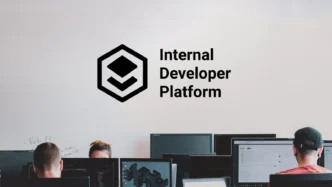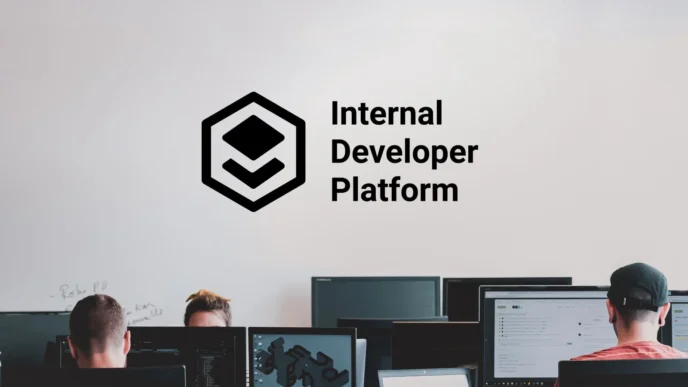Entry-level tech jobs may already be disappearing—and AI could be the reason why.
For years, experts have debated whether artificial intelligence would replace human workers. Now, signs suggest that shift is already underway. A new report from SignalFire, a data-driven VC firm, points to a sharp decline in new graduate hiring in the tech industry. Their research suggests that AI is playing a major role in this change.
SignalFire tracks over 600 million professionals and 80 million companies via LinkedIn. Their latest hiring analysis revealed a big drop in early-career opportunities. In 2024, Big Tech firms hired 25% fewer new graduates than the previous year. Startups cut back as well, reducing their grad hires by 11%. The exact numbers weren’t disclosed, but the decrease affects thousands of roles.
At the same time, hiring for mid-level professionals has increased. Big Tech boosted recruitment by 27% for people with two to five years of experience. Startups also raised hiring in that range by 14%. The message is clear: companies still need talent—but not at the entry level.
What’s driving this shift? According to SignalFire’s head of research, Asher Bantock, AI is a major factor. Entry-level tech jobs often involve repetitive, lower-stakes work. These are exactly the kinds of tasks that AI tools are now handling with ease.
AI can already write code, find bugs, install software, and perform financial research. These were once tasks given to junior employees. Now, machines are stepping in.
The startup Rogo is a great example. Its founder, Gabe Stengel, used to work at Lazard, analyzing biotech companies for major pharma deals. Today, Rogo’s AI platform can do almost all the work he once did—financial analysis, company diligence, and presentation materials. As Stengel said at a recent fintech summit, “We can look through the financials and put everything together.”
Even investment banks are watching the trend closely. While firms like Goldman Sachs and Morgan Stanley haven’t officially cut analyst roles yet, they’ve explored reducing new hires by two-thirds. Some are even considering paying new analysts less, since the workload has dropped thanks to AI.
This shift creates a tough dilemma for new grads. They need experience to get hired—but they need a job to gain experience. That loop has always existed, but AI is making it worse.
Heather Doshay, SignalFire’s talent partner, offers one clear piece of advice: learn AI. In her words, “AI won’t take your job if you’re the one who’s best at using it.”
That mindset may become essential. As AI continues to evolve, entry-level tech jobs may shrink even further. The best way to stay relevant? Build AI skills now—and learn to work with the tools, not against them.


